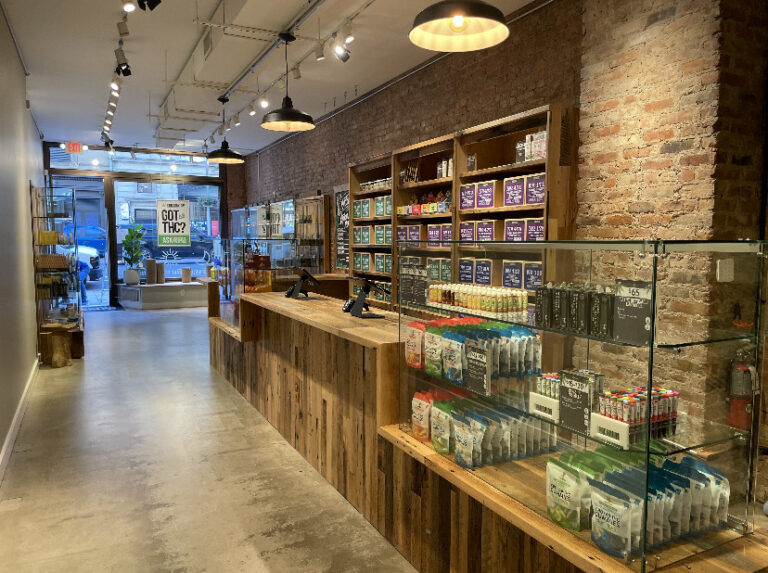Things You Need to Know Before Hiring a Removalist Service
- By admin
- April 28, 2023
Using a reputable removalist service can be very beneficial if you are moving to a new location. They can help you with the packing, loading, and unloading of your possessions to make the move easy and stress-free. But not all services are created equal, and picking the incorrect one can go horribly wrong. The following are few things to consider before using a service like removalists sutherland:
- Reputation: The first and foremost thing to consider is the reputation of the service. Check their website, social media pages, and other online platforms for reviews and ratings. A good service will have positive reviews and testimonials from satisfied customers.
- Experience: The next thing to consider is the experience of the removalist service. A company with years of experience will have the necessary skills and expertise to handle your move efficiently. They will know how to pack and transport fragile items and will have the right equipment to handle heavy and bulky furniture.
- Insurance: Moving can be a risky business, and accidents can happen. That’s why it’s essential to choose a removalist service that is fully insured. This will protect your belongings in case of damage or loss during the move.

- Cost: Moving can be expensive, and it’s important to get a quote from the removalist service beforehand. Choose a business that offers a reasonable and open pricing structure. Companies that offer prices that are noticeably lower than those of their rivals should be avoided because this could be a warning sign.
- Customer service: Finally, consider the customer service of the removalist service. A good company will respond quickly to your needs and questions and give you all the information and assistance you need while you are moving. So, before hiring a service you need to check it has customer service or not.
However, hiring a professional service like removalists sutherland can make your move a lot easier and stress-free. However, it’s essential to do your research and pick a reputable, knowledgeable, insured, and reasonably priced business that offers top-notch customer service. You can choose wisely and enjoy a successful move by keeping these suggestions in mind.










